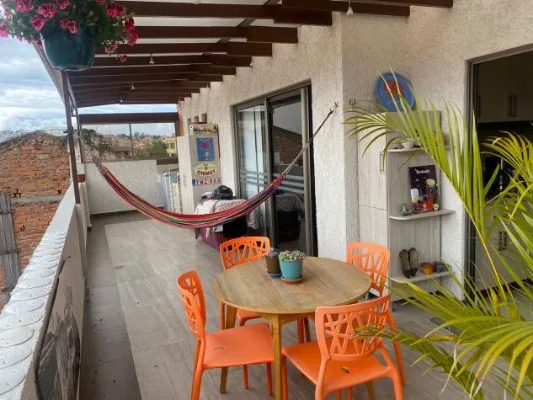As the pandemic fades, noise increases on Cuenca streets; Conaie and government disagree on price controls; Some teachers will get pay raises in October
Noise levels in Cuenca have returned to pre-pandemic levels and some residents are complaining that the city government is not doing enough to control it. “They passed a noise law years ago but are not enforcing it,” says Juan Gutiérrez, owner of a metalworking shop on Calle Condamine, the street that connects Av. Loja with the historic district across from the University of Cuenca.

Government and Conaie negtiators are reevaluating their positions on price controls for esstial products.
Gutiérrez says that noise and pollution levels outside his shop dropped in 2020 and 2021 as a result of Covid-19 pandemic restrictions. “It was very calm for a while but now the noise is back. All day long, I listen to the buses and car horns and sometimes to the music from loudspeakers at a shop down the street. I complained to the mayor’s office but they don’t do anything.”
Municipal Councilman Diego Morales says the problem is a lack of enforcement officers. “We passed the ordinance in 2017 with a maximum of decibel level but there are only two workers assigned to the project,” he said. “We have been occupied with the pandemic but I agree that now we should focus on it.”
He says the city has received numerous complaints of loud music in the historic district. “When they have promotions, stores put loudspeakers on the sidewalks and play music a high volume and pedestrians are subjected to this. The matter is on the council agenda and we are considering ways to monitor noise levels and apply fines.”
The city maintains nine noise monitoring stations around town and has a contract with the University of Azuay to report decibel readings on an ongoing basis. “We have the information and know where violations occur,” Morales says. “It is simply a matter of reacting to it and applying enforcement.”
The noise ordinance set a maximum decibel level at 55 for daytime activities but Morales says the monitoring stations typically record levels as high as 75. Outside of Gutiérrez’s shop on Condamine, a University of Azuay student measured decibel levels of 65 to 70 in late June. “It is true we have a problem and the city owes it to the citizens to resolve it,” Morales says.
Conaie, government disagree on price controls
Talks between the government and indigenous groups recessed Thursday following disagreements about price controls on 40 products. Confederation of Indigenous Nationalities negotiator Zenaida Yasacama said he planned to meet with other indigenous leaders to “solidify Conaie’s position.”
Although the government had no comment following the meeting, officials said earlier that there is a limit to the number of products that can be covered by price controls. “We understand the need for controls on essential goods but there is a limit to mandating these,” Finance Minister Pablo Arosemena said in last week. “We live under market rules and the government does not have the resources to compensate producers if price interventions affect their ability to earn a living.”
Héctor Caillagua, president of the Federation of Evangelical Indigenous Churches, said the indigenous movement has “limited patience” for compromise on the issue. “We are looking for a strong, positive response from the government since controlling inflation on essential items, such as food, is critical for the indigenous and poor population of Ecuador. We will work with our partners on this but our demands must be met.”
Deputy Government Minister Homero Castanier said he expected the two sides to meet again next week, possible on Tuesday. “We have found much common ground on this matter and believe we can find solutions.”
Government says teacher raises will begin in 90 days
Following a Constitutional Court decision rejecting the government request for a delay, the Education Ministry said Thursday that 161,000 public school teachers will receive a pay increase beginning in late October.
The raise is based on legislation passed by the National Assembly in January requiring that all teachers be paid on the same scale as other government employees. Under current rules, some teachers earn 20% less than other public employees with the same level of education.
“We will honor the court ruling and we understand the need for pay equalization,” Education Minister María Brown said in a press conference. “It was never our intent to deny the pay raises since we believe they are fully justified. The issue was finding the funds to comply but we will have the money in place within 90 days.”
According to the Ministry of Finance, the pay raises will cost $200 million to $300 million annually.


















